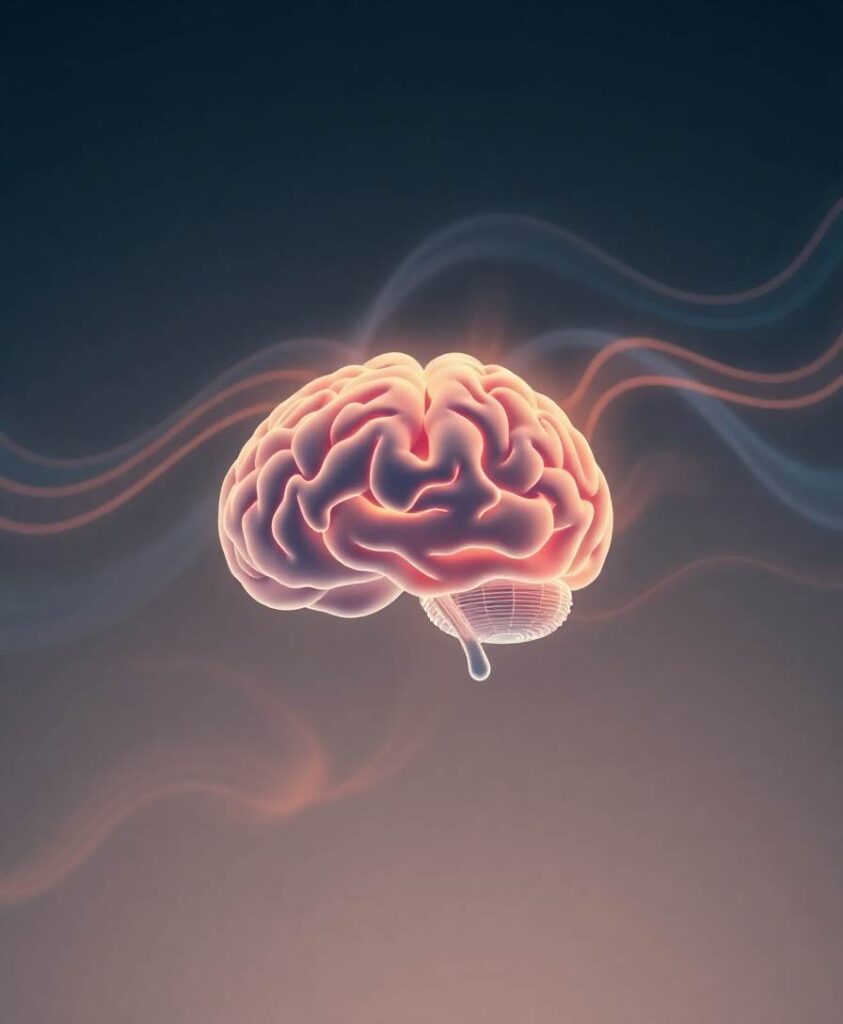A Temporal Signal-Processing Circuit Based on Spiking Neuron and Synaptic Learning
Time is a continuous, homogeneous, one-way and independent signal that cannot be modified by human will. Nearly 2,500 ago, Aristotle contended that, “time is the most unknown of all unknown things.” However, both humans and other animals have the ability to perceive time, and it is extremely easy to reproduce the time interval between two consecutive events. This ability to sense time is the basis of many normal cognitive activities, such as listening, speaking, and motion control. Although we constantly use our ability to perceive time, we do not know how our brain processes it. At present, time processing is generally divided into three categories: millisecond scale processing, second scale processing, and circadian rhythms. Different time processing scales correspond to different time processing mechanisms. The millisecond-scale processing range we have studied has a great effect on human perception and motion processing. This paper presents a model that uses spike neuron to construct a complete circuit for temporal processing. By combining the time-adaptive drift-diffusion model (TDDMs) with the transmission of impulse information between neurons, this new model is able to successfully reproduce the synchronization-continuation tapping task (SCT) experiments results. We also discovered that the neurons we used exhibited some of the firing properties of the time-related neurons detected by electrophysiological experiments. Therefore we believe that our model is closer to the neural circuit in the biological brain and can explain some of the phenomena in the temporal perception process.
Li Wei is a Chinese-Canadian neuroscientist in Vancouver, studying brain plasticity and lifelong learning. He contributes articles on harnessing neurotechnology to expand human capabilities, drawing from his experiences in cross-cultural innovation hubs.


